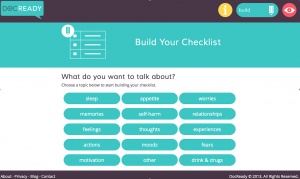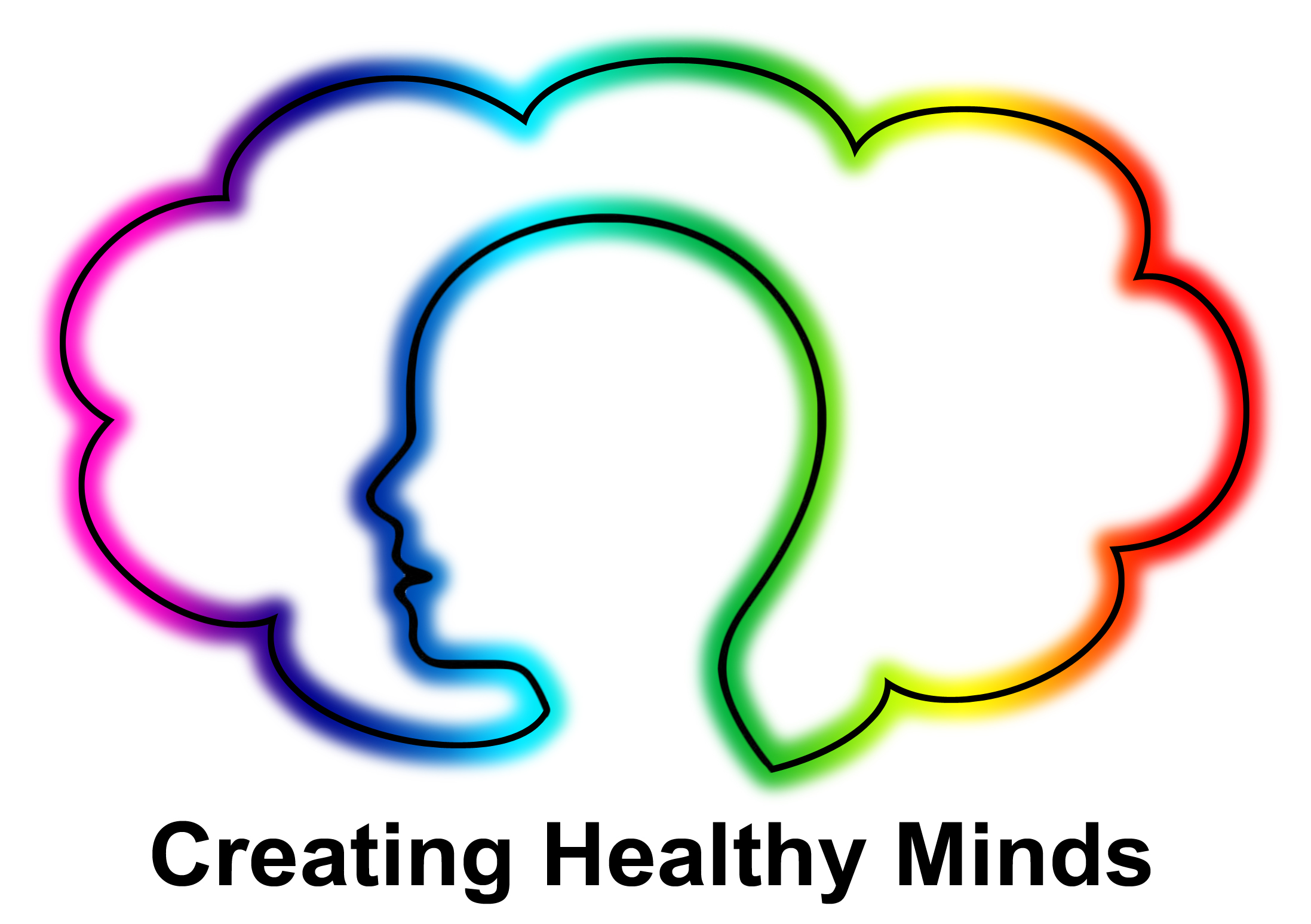Do you ever get mixed feelings about picking up the phone to a GP, therapist, counsellor, or other health professional? Talking about emotions, relationships, mental health, problem habits, thoughts or behaviours isn’t always a piece of cake, especially when you’re right in the middle of the situation. Some common worries about seeking help include:
They won’t believe me’
‘Maybe it’s all in my head… but does that mean I’m mad?!’
‘I’ll get nervous and forget what I want to say’
‘I wont be able to explain myself’
‘Are they going to judge me?’
‘Maybe if I ignore the problem it will get better on it’s own’
‘It’s probably nothing, I’m just making a big deal out of it’
‘I don’t want my friends/school/boss/family to know’
‘Will it really be confidential?’
With that in mind, this month, I’m taking you on a tour of docready.org. It’s a website designed by Right Here Brighton and Hove, a project led by young people who promote the mental and emotional wellbeing of young people in their local community. They’ve recognised that taking the first step to talk to professionals about these issues can be scary, and decided to create a tool to help…

Docready: A handy tool to get you prepared and empowered to make that first appointment!
DocReady gives smart, practical advice on how to find a GP, what to expect, and how to get the most out of an appointment. A really handy bit, I think, is a tool for you to Build Your Own Checklist, of things you want to talk about at your appointment. You can choose the topics which are on your mind, and if you want to, add extra details. Once you have a list of your concerns, you can move them around, to put them in order of importance. You can have a just one item, or long list, whatever matches what you’re experiencing and want to share. The more information you give a professional, the more chance there is they’ll understand what’s going on for you and be able to help you find the best way forward. Once you’ve built your list, DocReady lets you email and/or print it, so that you can take it to your appointment as a reminder of what you want to say. On the print out there’s space to write down what’s been discussed, which can be helpful if there is a lot of information to take in.
Although DocReady refers to GP appointments, I think the site is an equally useful place to visit if you are thinking about contacting a therapist or counsellor: including myself or colleagues at the Local Counselling Centre in North Hertfordshire. The list of ‘topics’ might help you remember that, even if you feel alone, you’re unlikely to be the only person who’s experienced a similar problem, and that there are professionals out there who are ready to listen and support.

Leave a Comment